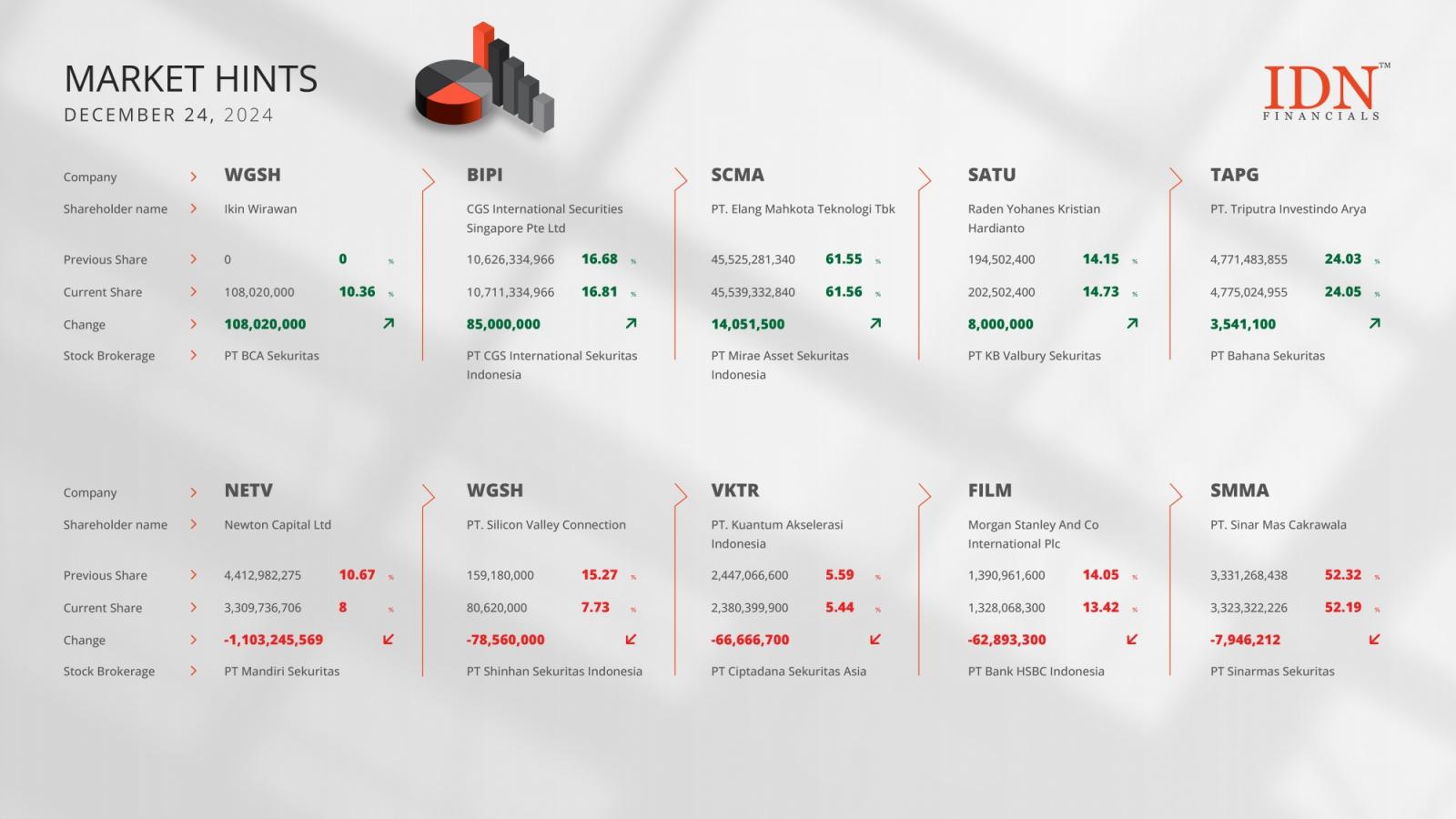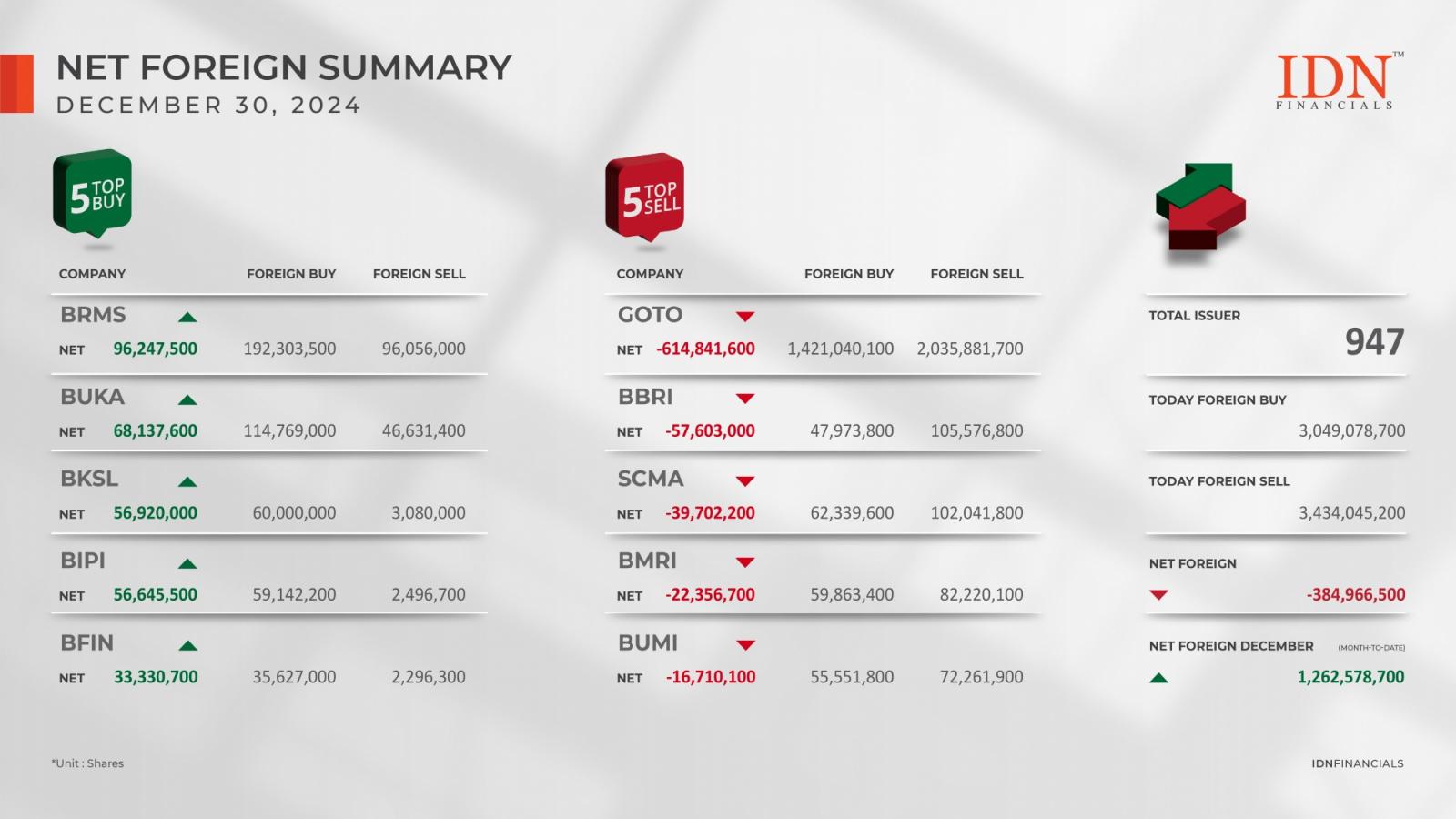Since the Bitcoin halving event, a noticeable trend has emerged within the mining community: smaller miners are selling their Bitcoin holdings, while larger, publicly traded mining companies are accumulating more Bitcoin, according to Julio Moreno head of research at CryptoQuant.
Since the #Bitcoin halving smaller miners are the ones selling; Bigger miners have accumulated.
This makes sense with what large publicly-traded mining companies have reported: higher reserves and some even buying Bitcoin. pic.twitter.com/E3j7IrcaVU
— Julio Moreno (@jjcmoreno) July 30, 2024
This shift reflects the differing strategies and financial capabilities between small-scale and large-scale miners in the aftermath of the halving.
Bitcoin halving, an event that occurs approximately every four years, reduces the reward for mining new blocks by half. The most recent halving was on April 19. The halving saw miners’ rewards drop from 6.25 BTC to 3.125 BTC. This reduction in rewards increases the operational pressure on miners, particularly affecting those with less efficient operations or higher costs.
Bitcoin mining has become as cost-intensive as ever since the halving, with the asset’s “hashprice” at its lowest levels ever over the past two months, according to Hashrate Index data.
Smaller Miners Under Pressure to Sell
Smaller miners, often operating with thinner profit margins and less advanced mining equipment, find themselves under more immediate financial pressure post-halving.
The reduced income from mining means they must sell their Bitcoin to cover operational costs and remain viable. This necessity to liquidate holdings makes them more vulnerable to market fluctuations and operational challenges.
In contrast, larger, publicly traded mining companies have demonstrated a capacity to not only maintain but also grow their Bitcoin reserves. Reports from major players in the industry reveal that these companies are strategically accumulating Bitcoin.
Some have even gone a step further, purchasing additional Bitcoin from the market to bolster their reserves. This approach is due to more access to capital, more efficient mining operations, and often lower electricity costs due to bulk agreements or ownership of renewable energy sources.
Marathon, Riot Considered Large Mining Firms
Large mining firms, such as Marathon Digital Holdings and Riot Platform, have reported higher reserves, aligning with their strategy to hold onto Bitcoin as a long-term investment, anticipating future price increases.
Their financial robustness allows them to weather the reduced mining rewards and position themselves advantageously for future market conditions.
With smaller miners continuing to sell and larger miners accumulating, this trend is likely to influence market supply dynamics and the competitive landscape of the Bitcoin mining industry.
Earlier this month, Marathon Digital announced the purchase of $100 million worth of Bitcoin in the open market. The company said it would revisit its “HODL” strategy and commit to keeping all mined Bitcoin on its balance sheet.





